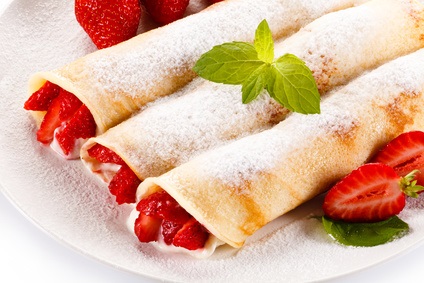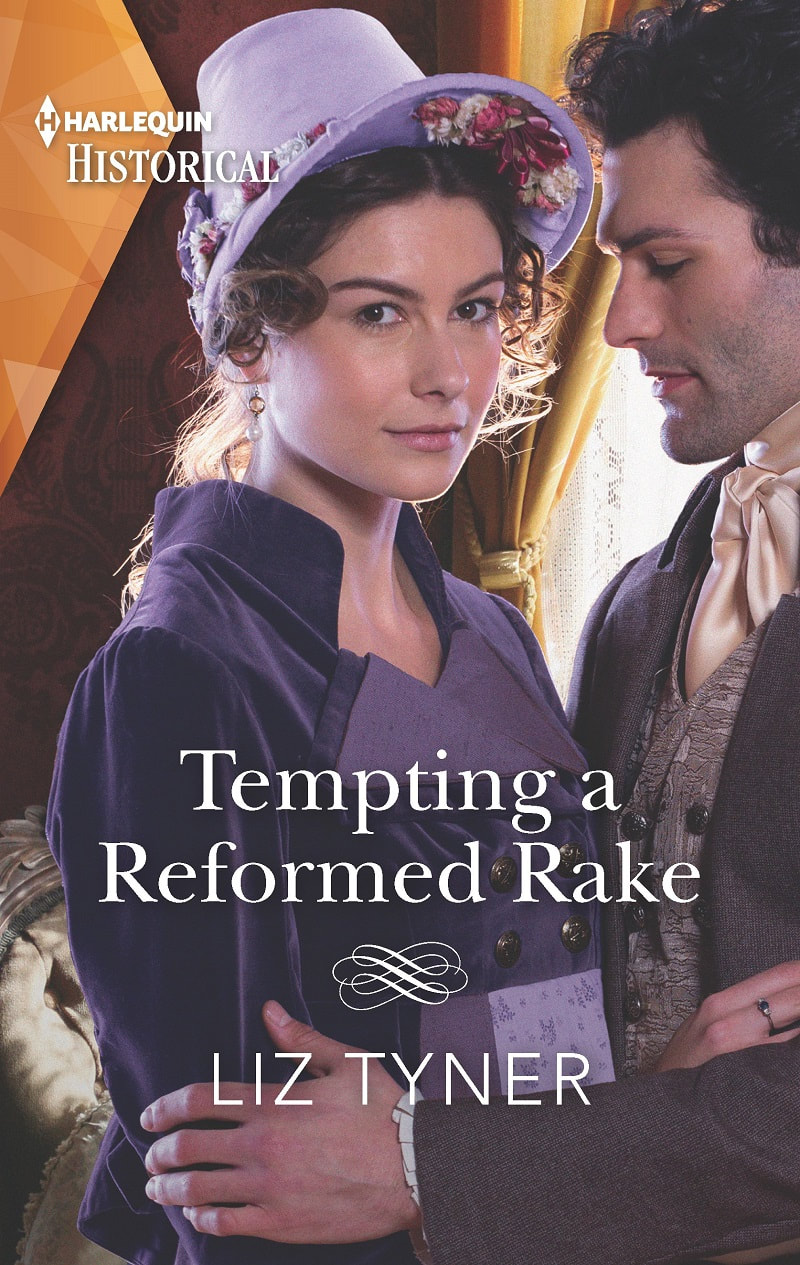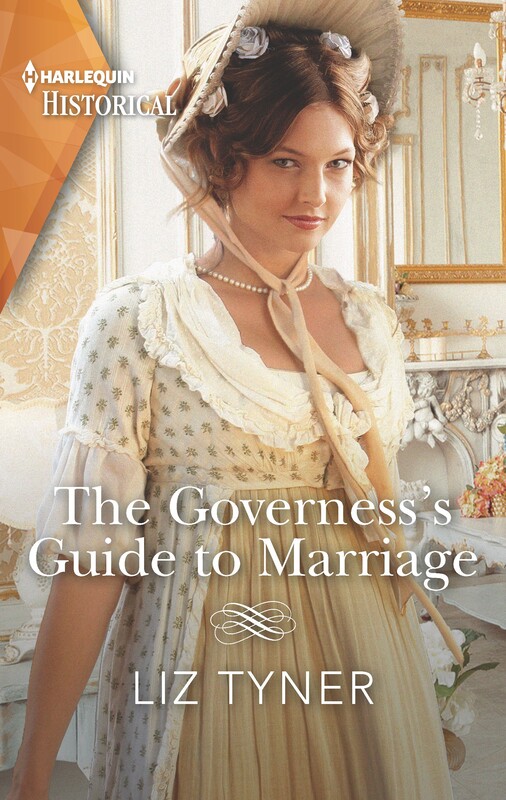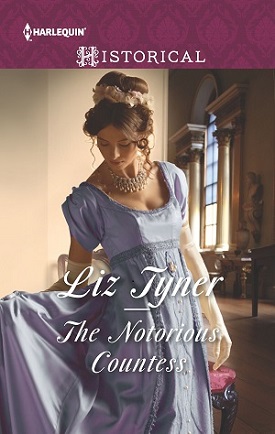
Born in 1784, Antoine had quite a few siblings. I have read that there were as many as a dozen, but other sources have quoted the family as numbering two dozen. Then I read twenty five...
So chances are that the reports of Antoine's father sending him out to find his own bread and butter in life at a young age are true. There are several different versions of that as well, and I envision him as being dropped off on the street and told nicely to fend for himself.
But the one thing that seems constant in the tales is that he could cook, and was an excellent chef. One of his specialties was desserts with eye appeal, and he also created a crepes recipe.
Plus, he believed in soups, and his soups were not always of the mundane variety.
I don't quite understand the use of rooster combs in cooking, but if you're writing a cookbook—as he did, it does need a certain flair. I could see him thinking he needed a dash of something different, something...well, what about a dash of finely chopped rooster comb to go in the soup. It could add color with the chicken broth. In the 1800's when people were much closer to their food sources, that might not have even seemed unusual and couldn't have been that difficult to procure.
Careme cooked for Napoleon and also impressed the Prince Regent of England, From reading about the chef, I would imagine the man a master of diplomacy in his own right. If he were alive and in his prime today, he would have his own television show.
The reference to a family of merely twenty-five and also being tossed out at an early age::
http://www.foodreference.com/html/wmarieantoinecareme.html
Who he cooked for and recipes:
http://www.npr.org/templates/story/story.php?storyId=1909346
Photo credit: Fotolia.com


















 RSS Feed
RSS Feed

